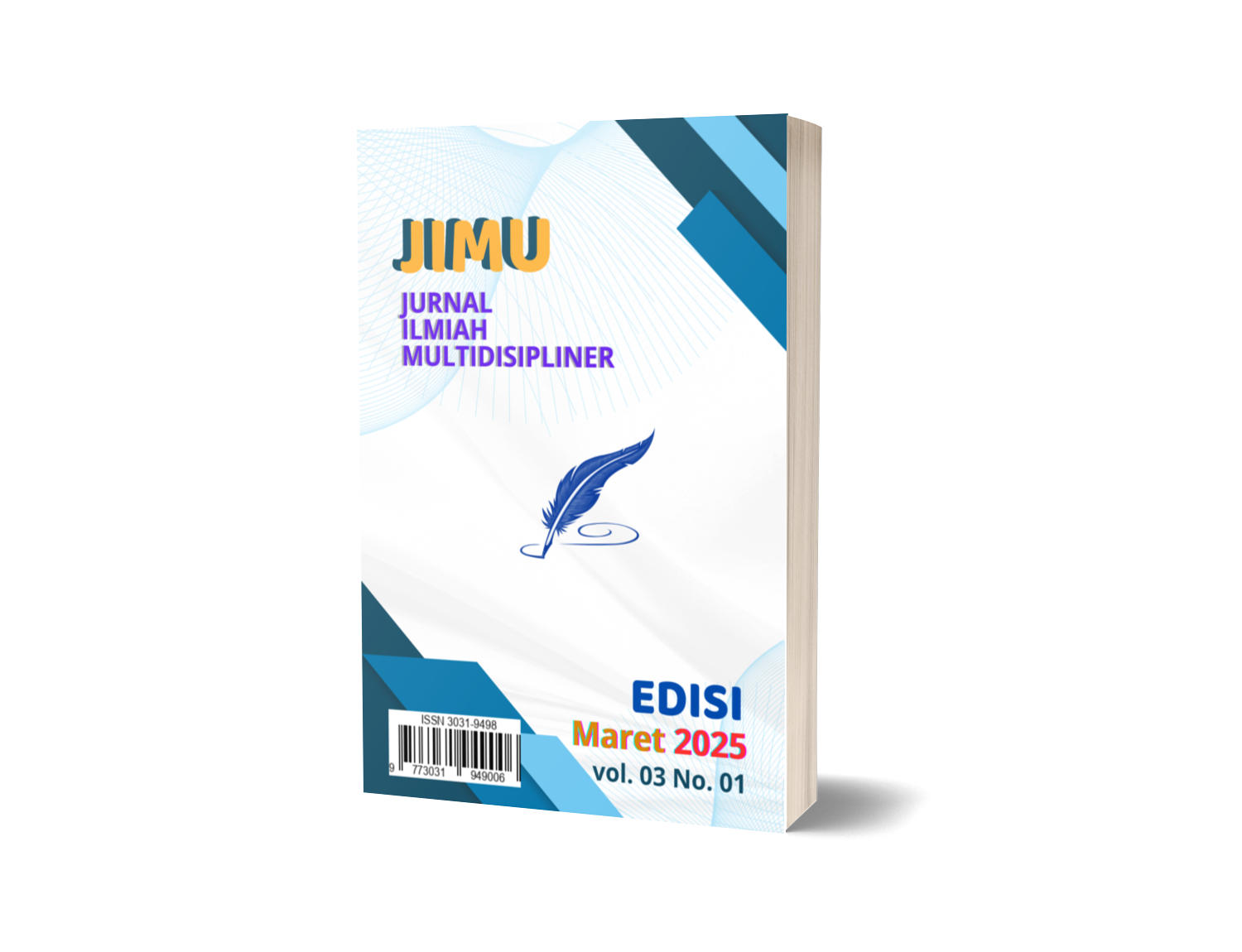Penerapan Model Pembelajaran ICARE (Introduction, Connection, Application, Reflection & Extension) pada Siswa Kelas X TKJ SMK Telkom Makassar
Kata Kunci:
ICARE, Learning Outcomes, Classroom Action ResearchAbstrak
This research aims to determine the improvement in learning outcomes of class This research is a type of classroom action research which consists of four implementation stages which include planning, implementation, observation and reflection stages. This research was carried out in three cycles, each cycle consisting of three meetings. The subjects of this research were 32 students of class X TKJ 5. The data collection techniques used are observation, tests (pretest and posttest) and documentation. The results showed that student learning outcomes in cycle I averaged 60.94 with a completion percentage of 31.25%, increased in cycle II with an average of 80.16 with a completion percentage of 84.38%. Based on the results of the research, it was concluded that the application of the ICARE learning model could improve the learning outcomes of class X TKJ 5 students at SMK Telkom Makassar.
Unduhan
Referensi
Ardiyani, N. K., Darmawiguna, I. G., & Sindu, I. G. 2017. Penerapan Model Pembelajaran ICARE untuk Meningkatkan Hasil Pengolahan Citra Digital Siswa Kelas XI MM2 di SMKN 1 Klungkung Tahun Pelajaran 2016/2017. KARMAPATI , 6 (3)
Arianti, N. N. S., Astawan, I. G., & Krisnaningsih, M. (2021). Penerapan Model Pembelajaran ICARE Untuk Meningkatkan Hasil Belajar IPS Siswa Kelas IVB SD. Jurnal Ilmiah Pendidikan Profesi Guru, 4(2), 240-250
Krisnawati, P. Y., Sugihartini, N., Windu, M., Kesiman, A., & Wahyuni, D. S. (2014). Penerapan Model Pembelajaran ICARE (Introduction Connection Application Reflection Extention) Untuk Meningkatkan Hasil Belajar Teknologi Informasi Dan Komunikasi (TIK) (Studi Kasus: Siswa Kelas VIII.3 SMP Laboratorium Undiksha Singaraja Tahun Ajaran 2013-2014) (Vol. 3, Issue 1).
Nurrita. (2018). Kata Kunci : Media Pembelajaran dan Hasil Belajar Siswa. Misykat, 03, 171–187.
Remiswal, R., & Sabri, A. (2023). Ranah Kognitif, Afektif, dan Psikomotorik sebagai Objek Evaluasi Hasil Belajar. Jenis dan Model Evaluasi Pendidikan, Serta Implikasinya Dalam Pendidikan Islam. Jurnal Pendidikan Tambusai, 7(3), 28204-28220.









